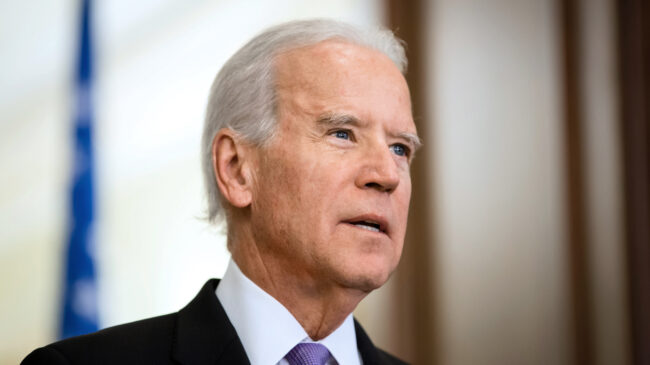The Biden administration is under tremendous pressure from some progressive Democrats and public health groups to ban menthol cigarettes and flavored cigars. These groups have added a ticking clock, arguing that a decision must be made in the coming days. The administration’s hesitation to move forward with prohibition is likely connected to the fact that President Joe Biden is in an election year, and a ban on menthol cigarettes would likely be unpopular and poorly received by voters. But, beyond politics, if Biden needs a substantive policy reason to reject the proposed menthol ban, he should take a careful look at data that suggests such a prohibition would not substantially decrease youth smoking rates.
A fundamental argument from special interest groups supporting the banning of menthol cigarettes is that they pose a danger to youth above and beyond that of regular cigarettes because they more easily entice them to start smoking and become dependent. However, new research finds this argument lacking.
Our recent Reason Foundation study determined whether menthol cigarette sales led to higher rates of youth smoking than non-flavored cigarette sales. It evaluated the relation to smoking rates among adults and youth. State-level wholesale cigarette data from 2008 to 2020 was used to compare the number of actual packs sold, whether menthol or regular cigarettes, to the government’s estimates of past 30-day smoking rates.
States with more menthol cigarette consumption relative to all cigarettes generally had lower rates of both adult and youth smoking. Montana, for example, had the highest youth smoking rate in the country but the lowest share of menthol sales as a percentage of the total cigarette market.
On the other side of the coin, Hawaii had the highest percentage of menthol cigarettes sold but the second-lowest youth smoking rate in the country.
Data is also disproving the argument that menthol is more addictive. Menthol smokers use fewer cigarettes per day, and data from Vanderbilt University Medical Center shows no difference in the quit rates between menthol smokers and non-menthol smokers.
Today, youth smoking in America is minimal, with fewer than two percent of kids puffing on a cigarette in the past month, according to the Centers for Disease Control and Prevention. But banning millions of adults from their products of choice would help fuel the illicit tobacco market, handing a massive profit opportunity to criminal entities, especially Mexican cartels. If the menthol ban moves forward, overstretched border and law enforcement officers will likely soon find themselves spending more of their resources to police an influx of tobacco products. There are, however, cheaper and less costly alternatives to the prohibition being pushed on the administration.
Brian King, head of the Food and Drug Administration’s (FDA) Center for Tobacco Products, acknowledges the widespread misperceptions around the risks of vaping compared to smoking but has taken no action to correct them. The FDA’s lack of interest in the health benefits of vaping over smoking is incredibly discouraging.
For example, the prestigious Cochrane Review found e-cigarettes to be significantly more effective in helping smokers quit than traditional nicotine replacement therapies such as nicotine patches. Absent concerted efforts to inform and incentivize menthol smokers to switch to less harmful nicotine alternatives, a prohibition will undoubtedly enlarge the already substantial illicit tobacco market as it has in other countries that have experimented with menthol bans.
Rejecting or accepting a menthol ban should be based on the evidence, health benefits and relevant tradeoffs involved. President Biden shouldn’t be cowed by bureaucrats at the FDA or single-issue pressure groups into a policy blunder that would not produce significant health benefits while costing state and federal revenue and increasing crime and policing in minority communities.
With youth smoking almost eliminated in the United States, cigarette advertising already banned, tobacco taxes at record highs, and a proliferation of safer alternatives to smoking available and being developed, the case for a new era of cigarette prohibition is weaker than at any time in recent history. But, the risk of unintended consequences of a menthol ban, particularly in minority communities where we can expect the illicit market to be concentrated, is still very real.


